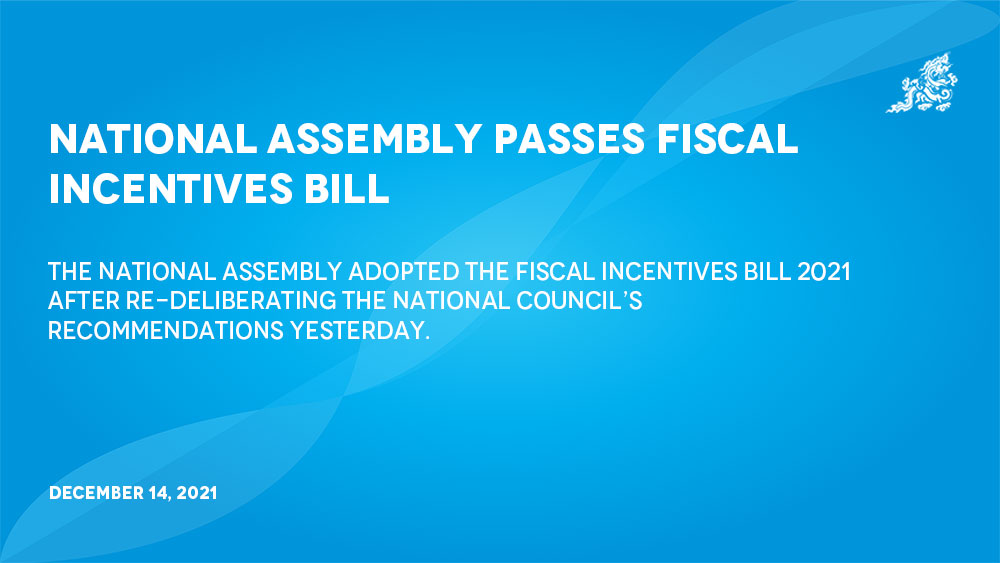MB Subba
The National Assembly adopted the Fiscal Incentives Bill 2021 after re-deliberating the National Council’s recommendations yesterday.
The upper house had recommended that a concessionary tax rate of five percent for newly established businesses and 15 percent for existing businesses should also be applicable to all schools including early child care and development (ECCD) centres.
Under Section 9 of the Bill, the government had proposed the concessionary rate only for technical and vocational education and training (TVETs) institutes, and higher secondary schools and colleges with science, technology, engineering and mathematics (STEM) subjects.
The lower house rejected the upper house’s recommendation, reasoning that schools and ECCD centres were not among the worst affected sectors in the wake of the Covid-19 pandemic.
House Economic Affairs Committee Chairperson Kinley Wangchuk said that establishment of ECCD centres did not require big investments. “If exemptions are applicable to all, then fiscal incentives could become an entitlement.”
Lamgo-Wangchag MP Ugyen Tshering, who also rejected the NC’s recommendation, said that children could get a pre-school education on social media like YouTube. “Today’s kids speak better English than us,” he said.
Finance Minister Namgay Tshering said that schools and ECCD centres do not have to pay taxes if they do not make profits.
“We have rectified the loopholes of the past Fiscal Incentives Acts,” he said.
However, Drametse Ngatshang MP Ugyen Wangdi said that quality of education starts at the school level and that the exemptions for all schools and ECCD centres should be considered.
He said that forgoing some of the taxes from the sector would not make a big difference for the government in terms of revenue, as the taxes from the sector are not very significant.
Bartsham Shongphu MP Passang Dorji (PhD) said that education sector was crucial for the country’s future and that the government needs to support its growth. “The argument that the establishment of education facilities like ECCD centres do not require big investments is incorrect.”
However, only six members supported the NC’s recommendation through a show of hands.
The House adopted the Fiscal Incentives Bill with 37 ‘Yes’ votes and one ‘No’ vote out of 40 members present and voting. Two members abstained.
Opposition Leader Dorji Wangdi said that the country has not achieved the desired result from the past fiscal incentives.
The Bill, he said, lacks the required research and homework. “I request that the government come up with better fiscal incentive Bills in the remaining years of the term,” he said.
He said that the government forwent Nu 4.68 billion in tax revenue in 2019 but that the benefits for the economy were not proportionate.
He also said that the benefits of the incentives were not uniformly spread across all the regions.
He said that 45 percent of the businesses that were established with the enactment of the Fiscal Incentives Act 2019 were concentrated in Thimphu.
Meanwhile, one of the new features of the fiscal incentives is that the Bill reduces the BIT to five percent from 30 percent for small, cottage, and micro-businesses in the high-risk zone for the income year 2020-21.


